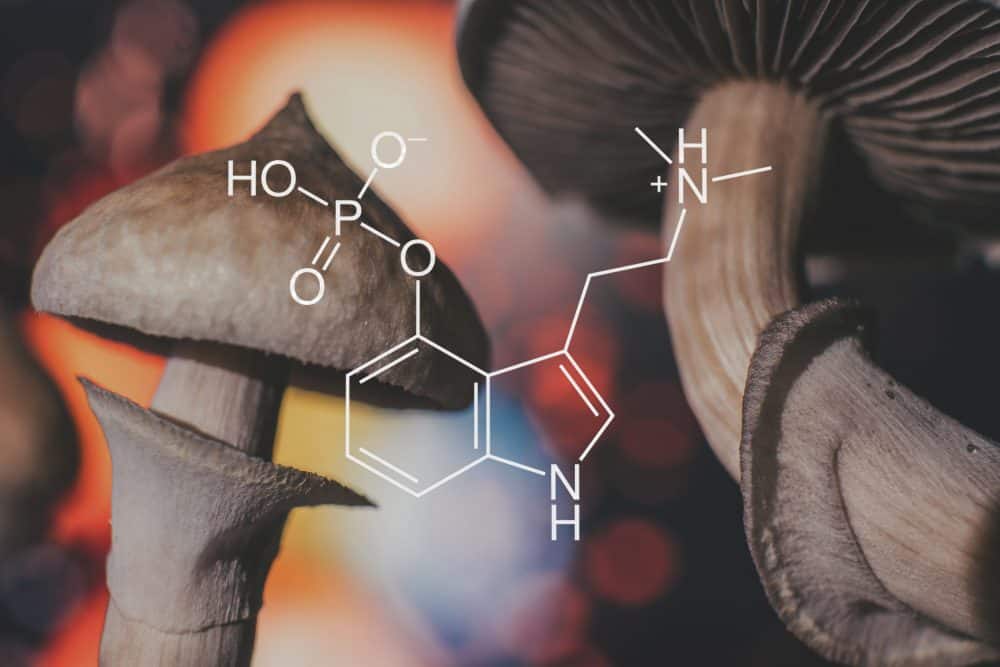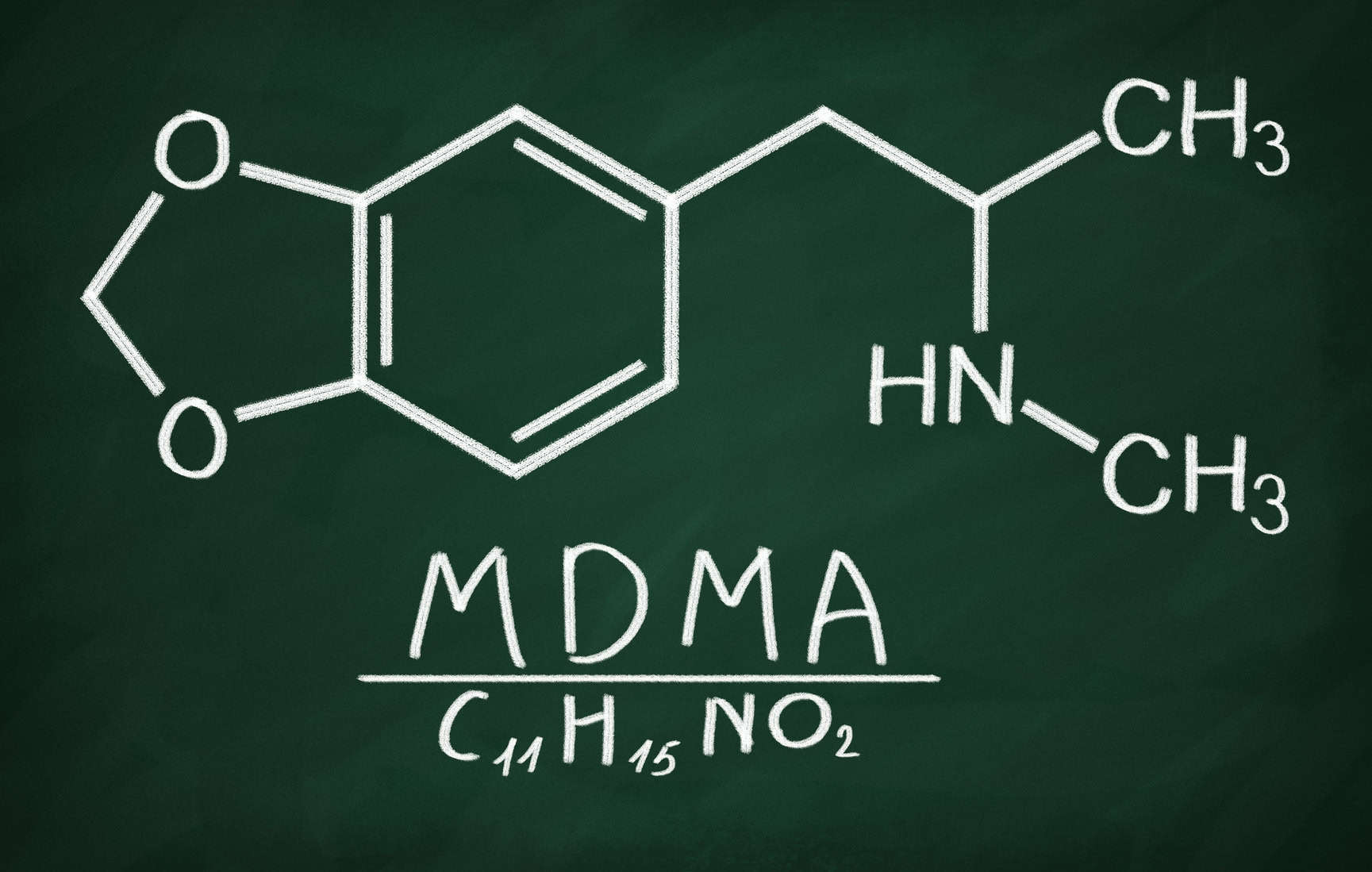Seeking Out and Managing Discomfort
Posted on September 17, 2021
by Tom Horvath, PhD A well-lived life needs to have significant and possibly considerable amounts of discomfort in it. For instance, do you want to exercise well, maintain a certain weight, get up early, work hard at something, or hold your tongue in an intense discussion? You are likely to feel uncomfortable! The key, then, is to learn skills for managing discomfort that will inevitably come.
You might also be interested in: Coping with Stress in Addiction Recovery
In particular, if you want to stop an addictive problem, you are likely to have a transition period as you change how you live. Cravings might die off almost entirely after 90 days (although there is no guarantee they will completely), but other challenges might last much longer. Maybe you should just give up now? Fortu...
full story









